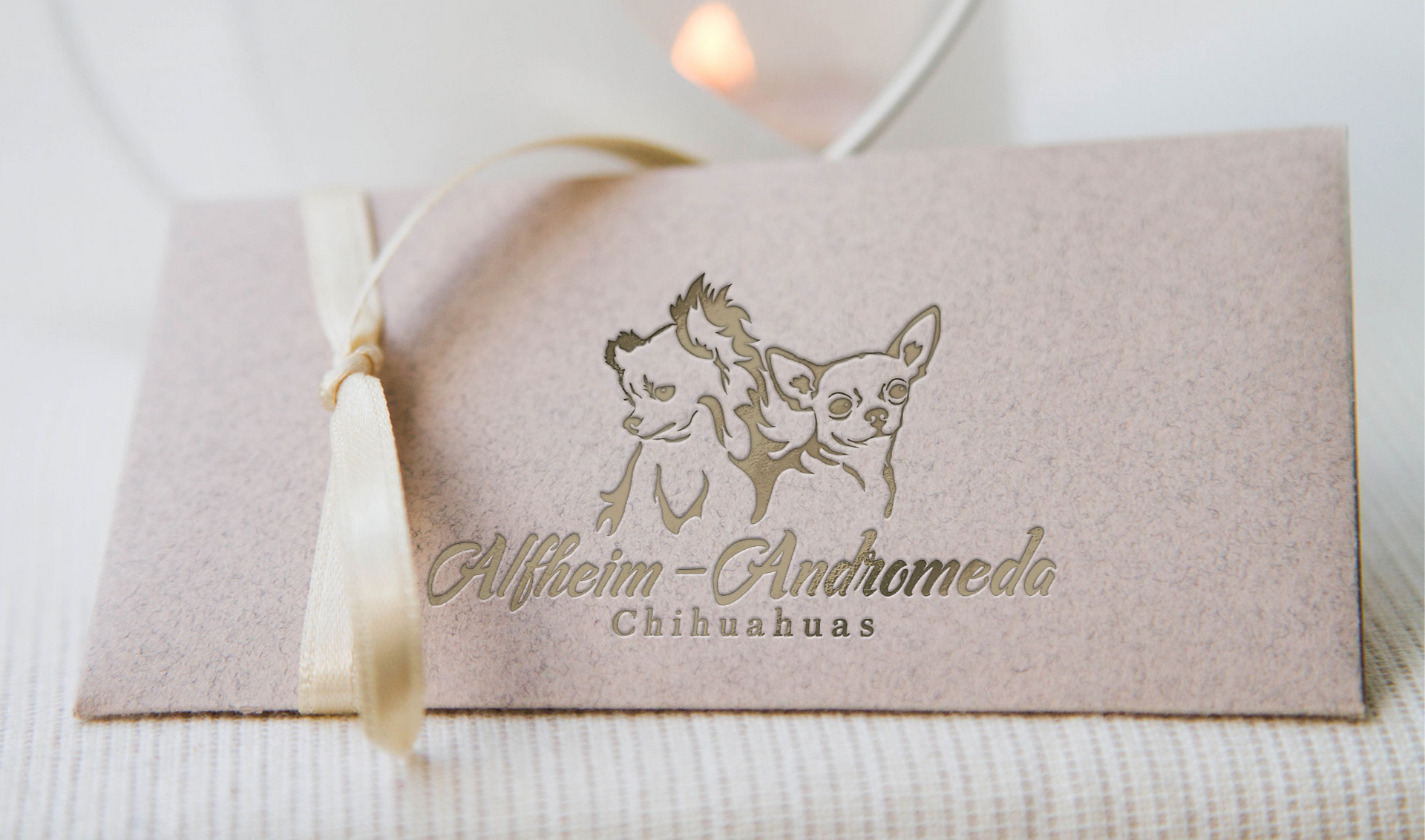Essential Husbandry Practices for Dog Breeders: Maintaining Health and Preventing Disease
- Ansok
- Jul 9, 2023
- 3 min read
Updated: Jul 29, 2023

As responsible dog breeders, it is crucial to prioritize the health and well-being of our canine companions. Implementing effective husbandry practices not only ensures the overall welfare of the dogs but also helps prevent the spread of diseases within the kennel. In this blog post, we will discuss key recommendations from Cornell University Hospital for Animals that can greatly benefit dog breeders in maintaining a healthy environment for their dogs and puppies.
Identifying and Treating Sick Puppies:
When any puppy shows signs of illness, it is vital to consult a veterinarian before initiating any treatment. Assess the puppy's systemic health and identify the cause of symptoms; specific tests are recommended. These tests include a complete blood count (CBC), chemistry panel, parvovirus ELISA and PCR, fecal flotation (centrifuge), and fecal ELISA for Cryptosporidium and Giardia. Sick puppies should be isolated from the rest of the litter, and if any infectious agents are identified, all litters present in the house at that time should be treated. Proper disinfection of equipment, such as bowls, bedding, and kennels, as well as changing gloves between pens, is essential to prevent the spread of infection.
Recommended Husbandry Modifications: Based on the recommendations from Cornell University, here are some key modifications to consider for your husbandry practices:
Feeding: Discontinue feeding freeze-dried food to all animals in your kennel. One way to preserve food and prevent spoilage is through freeze-drying, which involves removing moisture. However, it's important to keep in mind that freeze-drying doesn't entirely eliminate bacteria. In the case of freeze-dried dog food, if the raw ingredients used are contaminated with harmful bacteria like Salmonella or Listeria, there is a possibility that the bacteria may still survive the process, which could potentially lead to illness in dogs.
Cohousing: Puppies should not be housed with non-littermates to minimize the risk of disease transmission.
Handling: Handle healthy animals before handling sick animals, and change gloves in between each litter group using disposable gloves.
Cleaning and Disinfection:
Clean up after dams at least twice daily, dispose of fecal waste immediately, and replace bedding.
Increase contact time of disinfectants like Rescue and KennelSol according to the label instructions, ensuring all organic debris is removed before disinfection.
Thoroughly disinfect kennels and communal yards/runs daily.
Kennel Environment: Replace the pea gravel, fiber, grass, or artificial turf and soil underneath with minimally porous, smooth cement or sealed cement to prevent the persistence of infectious agents in the environment.
Diarrhea Outbreaks: Remove all fecal material from bedding and surfaces if a diarrhea outbreak occurs. Soak items in a dilute household bleach solution (1 part bleach with 32 parts water) for 10 minutes, then machine-wash using hot water and detergent before hot air drying. Steam cleaning may be useful for furniture or other items that cannot undergo the bleach approach.
Deworming Pregnant Dogs: To deworm a pregnant dog preventively, administer Fenbendazole (Panacur) for the last three weeks of pregnancy through day 14 of lactation. The recommended dosage is 50 mg/kg of Fenbendazole once every 24 hours. Studies have shown this protocol to be safe during pregnancy and effective in preventing intestinal parasites in newborn puppies. It is important to weigh the pregnant dog accurately using her pre-pregnancy weight, as her intestinal tract remains the same size as before pregnancy. For example, if her pre-pregnancy weight was 80 pounds, administer 20 ccs of dewormer regardless of any weight gain during pregnancy.
Preventative Measures: To maintain the health of your puppies and adult dogs, consider the following preventative measures:
Deworming: Deworm all puppies with pyrantel (Nemex) starting at two weeks and repeating every two weeks until eight weeks. Transition to monthly oral or topical anti-parasitic treatment. Pregnant dogs should also be dewormed at 40 days and receive treatment at the same interval as their puppies while nursing. Monthly flea/tick preventatives are recommended for both puppies and adult dogs.
Vaccinations: Ensure all puppies receive their first DHPP vaccine at 6-8 weeks of age, followed by subsequent vaccinations every 2-4 weeks until 16 weeks of age or older. Make sure puppies and adults are vaccinated against Coronavirus. Cornonvirus is not in all 5-way vaccines, and this virus behaves like hypoglycemia or Giardia. Adult dogs should also be up-to-date on their DHPP vaccine and receive monthly flea/tick/parasite preventatives.
Conclusion: By implementing these recommended husbandry practices, dog breeders can create a healthier environment for their dogs and puppies. Regular disinfection, appropriate feeding, proper isolation, and preventative measures such as deworming and vaccinations contribute to the overall well-being of the animals in your care. Always consult with your veterinarian for personalized guidance and recommendations.
Source: Please note that the content provided in this blog post is based on recommendations from Cornell University Hospital for Animals. For more detailed information and guidance, we recommend consulting with your veterinarian.


![04[5287]_edited.png](https://static.wixstatic.com/media/19bc06_e20664f6f34a40a38ce600e39e177c3c~mv2.png/v1/fill/w_980,h_578,al_c,q_90,usm_0.66_1.00_0.01,enc_avif,quality_auto/19bc06_e20664f6f34a40a38ce600e39e177c3c~mv2.png)






























